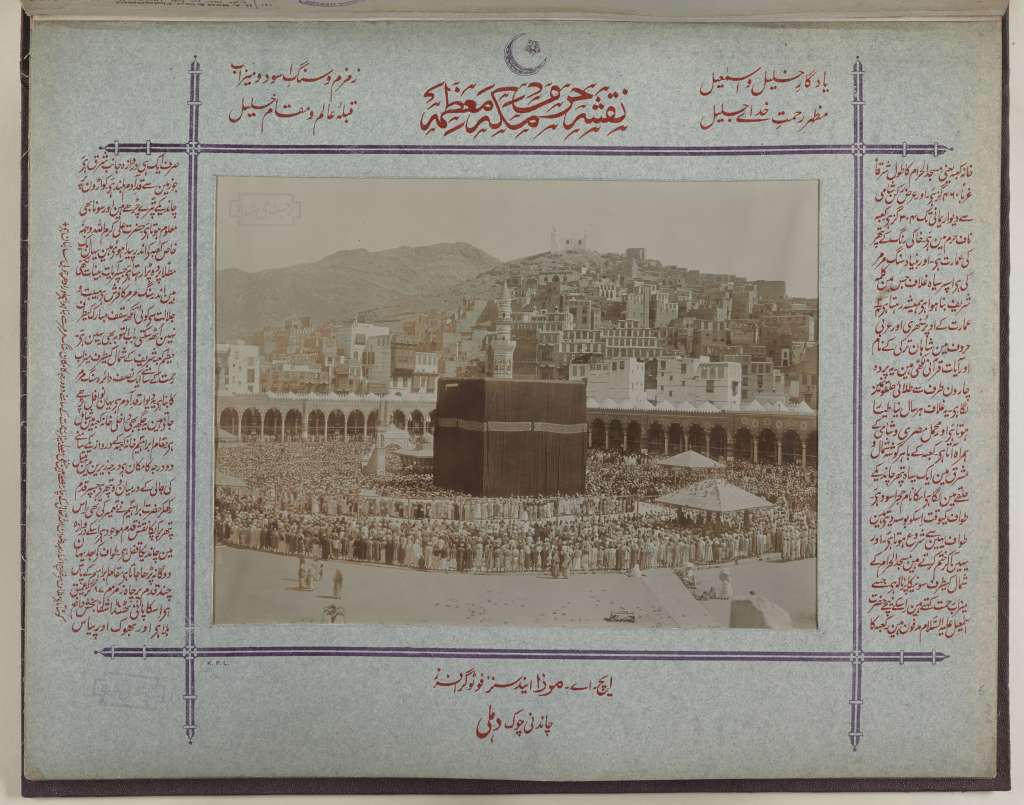
A page from a Mamluk manual on horsemanship, military arts and technology by Muhammad. (British Library)
London, Asharq Al-Awsat—Accessing detailed accounts of what life used to be like in the Arabian Peninsula has long frustrated historians. If you wanted to learn about the daily existence of Najdi Bedouin or the dealings of imperial agents who jealously guarded their interests in the Gulf, one of the best ports of call was the British Library in London. There you would spend hours trawling through catalogues until you found the right file and a librarian was sent into the basement to extract the elusive folio.
Last week the British Library Qatar Foundation Partnership made the job a lot easier. The Partnership launched the Qatar Digital Library (www.qdl.qa/en), an online archive that provides instant access to the documents held in the British Library on modern Gulf history and Arab science.
Richard Gibby, who heads up the Partnership, hopes the project will encourage new ways of thinking in and about the Gulf region. “We do genuinely believe this will be transformative for education and for people in the Gulf.”
“From the British Library’s point of view, we have a real strong drive to make our collections, our intellectual heritage, available and accessible to everyone,” Gibby said in a recent interview with Asharq Al-Awsat, “not only in the UK but worldwide, for them to use for research, inspiration, enjoyment.”
The library is available in both Arabic and English, allowing many in the Middle East to view and navigate these records on their history for the first time.
Now, with the click of a button, you can learn that Bedouins in the Najd survived on a diet of camel milk and were superstitious about drinking cold water at night—and that the prolific Sir Lewis Pelly, the British Political Resident in the Gulf from 1862–73, was a nineteenth century “glamper” who would not leave home without a portable bathtub.
The bulk of the portal’s half a million pages come from the India Office records, which include details of the British government’s interests in Eastern Arabia from 1858-1947. The India Office was a UK government department that, apart from administering India, worked closely with other branches of government to oversee Gulf affairs. The online library will also include 25,000 pages of manuscripts by medieval Islamic scholars.
Qatar provided the funding for the project—14 million US dollars—while the British Library brought the content and expertise. A technical team have spent the last two years digitizing thousands of pages; the launch saw roughly 100,000 pages go live but the Partnership hopes to make it to 500,000 by the end of the year.
Dr James Onley, senior lecturer in Middle Eastern history at Exeter University, believes the portal will radically change our understanding of the history of the Gulf region. “What you’re going to see is a renaissance of writing on the history of these states, filling in all the blank spots on the map,” he told Asharq Al-Awsat.
And there are currently many blank spots, according to the regional expert. “We know very little,” said Onley, “most books on the history of the Middle East are written on the mainstream countries: Egypt, Turkey, Ottoman Empire, Iran, and only a fraction of all these books have been written on the GCC [Gulf Cooperation Council] states.”
“The impact that the Qatar Digital Library will have on the study of the region will be profound . . . existing historians, like me, now can have access to this material wherever they are, at any time,” he added. “This will transform, in the generation of historians to come, in the coming decades, our understanding of the history of the states of Eastern Arabia, especially Qatar.”
But the portal is not just aimed at historians and the pages are no dull history. Private correspondence between British officials reveals comedic tales of women in the desert stealing silk handkerchiefs and a mission to rescue a French photographer from Persian forces. “Believe me, there are fantastic stories to tell,” said Onley.
While the site is still a work in progress, the Qatar Digital Library is already the largest digital repository on the Middle East in the world. It is also free of charge for everyone.
It is unclear whether the Qatar Foundation will continue to fund further digitization of British Library archives relating to the Middle East. “Everyone wants it,” said Onley, “This is a success story so why wouldn’t they continue it?”



Trackbacks/Pingbacks